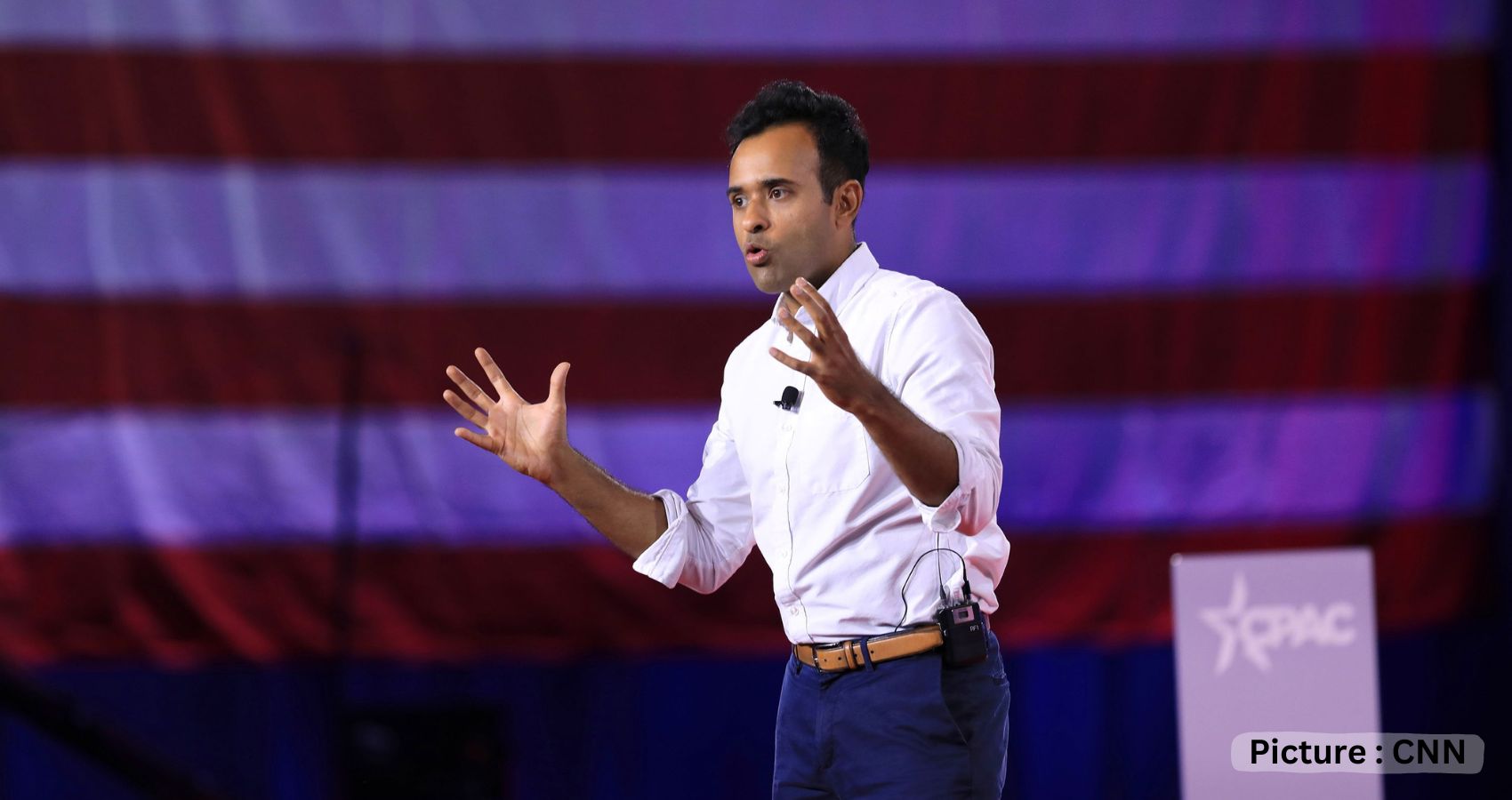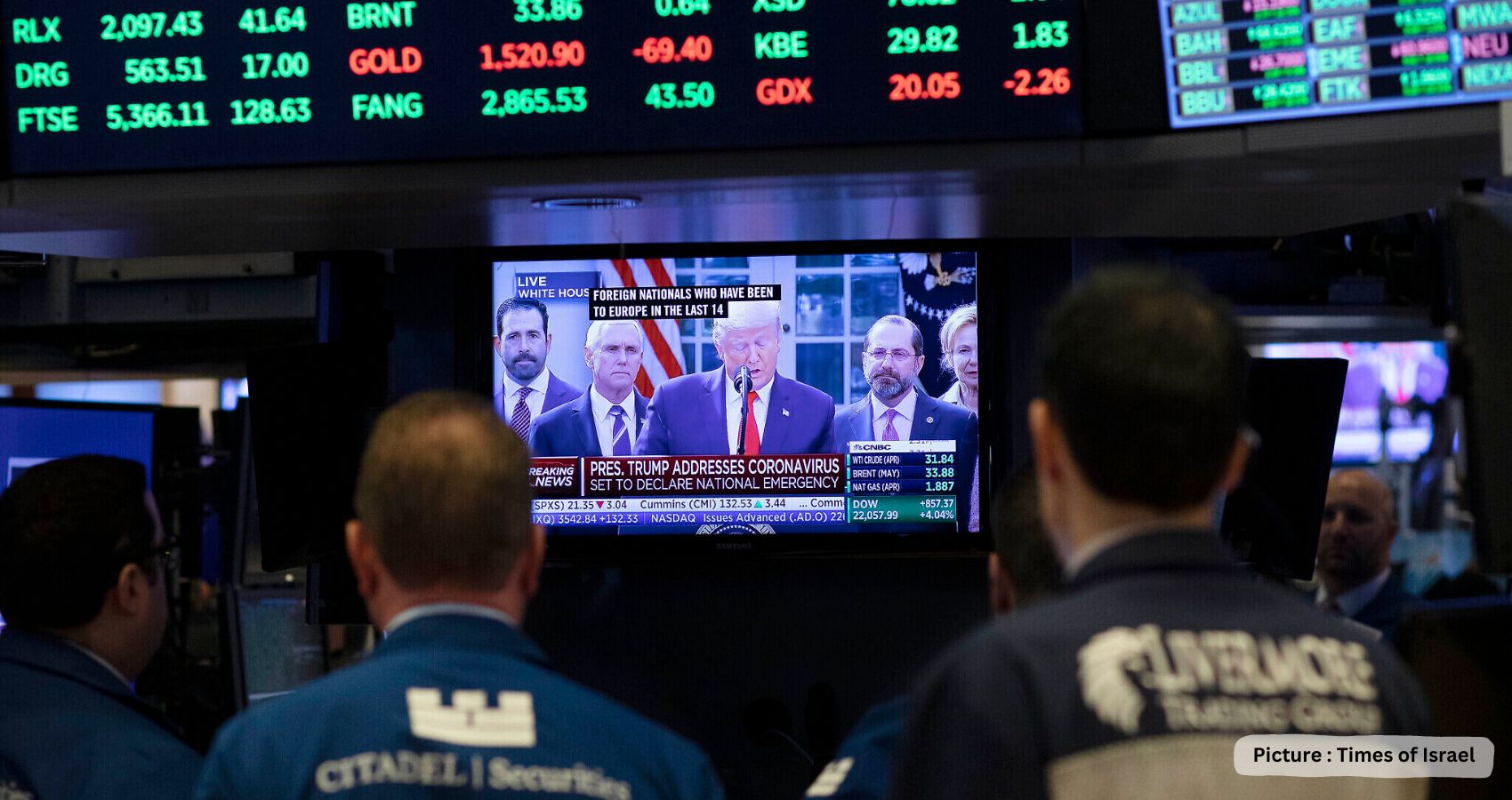Stocks have surged since the start of the year. The Nasdaq is up nearly 15% this year after posting its best January since 2001. And it’s not just stocks: bonds have risen and even bitcoin has made a roaring comeback, though all markets fell a tad on Friday.
This is all after a miserable 2022, when markets were hit hard by fears about surging inflation and about how the Federal Reserve was fighting it, with the biggest increases in the country’s interest rates since the early 1980s.
Today, hope has replaced that fear. Inflation has eased substantially and investors now believe the Fed will soon stop raising interest rates – and even cut them later this year to prop up a sagging economy.
And many on Wall Street no longer dread the worst about the economy, turning from their predictions of a big recession to hope that any downturn will be mild, or even that a recession may not happen at all.
But should there be this much optimism? Here’s why Wall Street is getting so excited about the economy – and why others believe it may end in tears.
The case for hope
The recent Wall Street gains could perhaps be explained in a single word: inflation. There are plenty of signs that inflation is starting to ease substantially after reaching its highest levels in around 40 years last year.
Consumer prices rose at an annual rate of 6.5% in December, down from a peak of 9.1% in June. The Fed’s preferred inflation yardstick is also down substantially from its recent peak.
And economists are hopeful inflation will continue to ease. Supply chains, for example, have improved. And wage gains have softened in recent months, allaying economists’ worries that rising wages could push up prices.
Prices are still high, of course, in fact, too high for the Fed’s comfort. But even Fed Chair Jerome Powell is expressing some hope about inflation while warning, repeatedly, that the fight against inflation is far from done.
Recession? What recession?
Then, there are the shifting views on the economy. In 2022, markets were bracing for the worst as they looked to history.
In the past, the Fed’s aggressive interest rate hikes to tame inflation have sparked recessions.
Higher interest rates can have all kinds of negative effects on the economy: mortgages get more expensive, which hurt the housing market; companies pull back on spending; and so forth.
But now, many on Wall Street believe any recession could be mild, like the short one during the pandemic in 2020 that barely made a blip in the markets (the S&P500 surged 16% that year, while the Nasdaq soared 44%).
Some economists even believe the economy may not suffer a recession at all, slowing down into a “soft landing,” or avoiding a contraction and a spike in unemployment.
That optimism is not completely unjustified.
For one, the labor market is very strong. Data on Friday showed U.S. employers added a whopping 517,000 jobs, much stronger than most forecasts, while the unemployment rate dropped to a 53-year low.
“The labor market continues to be very resilient with no clear signs of stopping yet,” investment bank Morgan Stanley said in a note to clients on Friday.
Investors are also taking comfort in earnings, which have largely proven resilient, though there are exceptions, notably, in the technology sector.
GM, for example, reported this week a surge in profits in the most recent quarter. Then again… There is one big downer in the market, however: the Fed. Some optimists believe the Fed will make an abrupt U-Turn and pivot to cutting interest rates as early as this year, after raising them one last time, likely at its March meeting.
That would mean the Fed would go from fighting inflation by slowing down the economy to doing exactly the opposite — revving up that very same economy with cheaper, easier borrowing.
The big issue with that premise? That’s not what the Fed is saying it plans to do at all. Powell, in his news conference on Wednesday may have sounded hopeful about the economy, but he also said it’s way too premature to declare victory against inflation, and he reiterated the Fed has no intention of cutting interest rates any time soon.
The message does not appear to be swaying the optimists on Wall Street so far, however. Some investors still believe the Fed is being too cautious about inflation. After all, the central bank for months played down inflation by calling it “transitory” until it suddenly reversed course and aggressively raised interest rates.
“The Fed is still firmly in the driver’s seat, but the market continues to fight the Fed, believing that they will pause and/or cut rates much sooner than they’ve guided,” said Amanda Agati, the Chief Investment Officer of PNC Financial Services.
But there are big dangers in fighting the Fed, as the famous market adage goes.
The Fed is the most powerful economic player in the world, with the ability to move markets from New York to Hong Kong with a single word.
And so far, the Fed has said, clearly, that the fight against inflation will go on. And is the economy really that strong, anyway?
Then, beyond the Fed, there’s the risk that plenty can still go wrong for the economy. For one, inflation could prove much more entrenched than the Wall Street bulls expect.
A strong labor market is great for workers, but it remains a major worry for the Fed given that it can keep inflation elevated, forcing companies keep wages high and fueling more consumer spending by those who are employed.
What tracking one Walmart store’s prices for years taught us about the economy
Furthermore, there’s plenty of other data that raises the prospect that the economy could end up hitting a recession after all.
The housing market, for example, has taken a major hit since the Fed started raising rates. And retail sales are showing signs of declining, a big concern in an economy so reliant on consumer spending. Market bulls are fond of noting that “as goes January, so goes the year,” an expression that refers to a historic trend in which strong January gains tend to portend a good year for Wall Street.
But that’s not always the case. In 2001, the Nasdaq similarly rallied in January, ending the month up 12%. It did not end well. The economy skidded into a recession, and the Nasdaq slumped a whopping 30% over the next 11 months, with losses magnified by the Sept. 11 attacks. As it turns out, all that optimism in January 2001, proved to have been misplaced.



